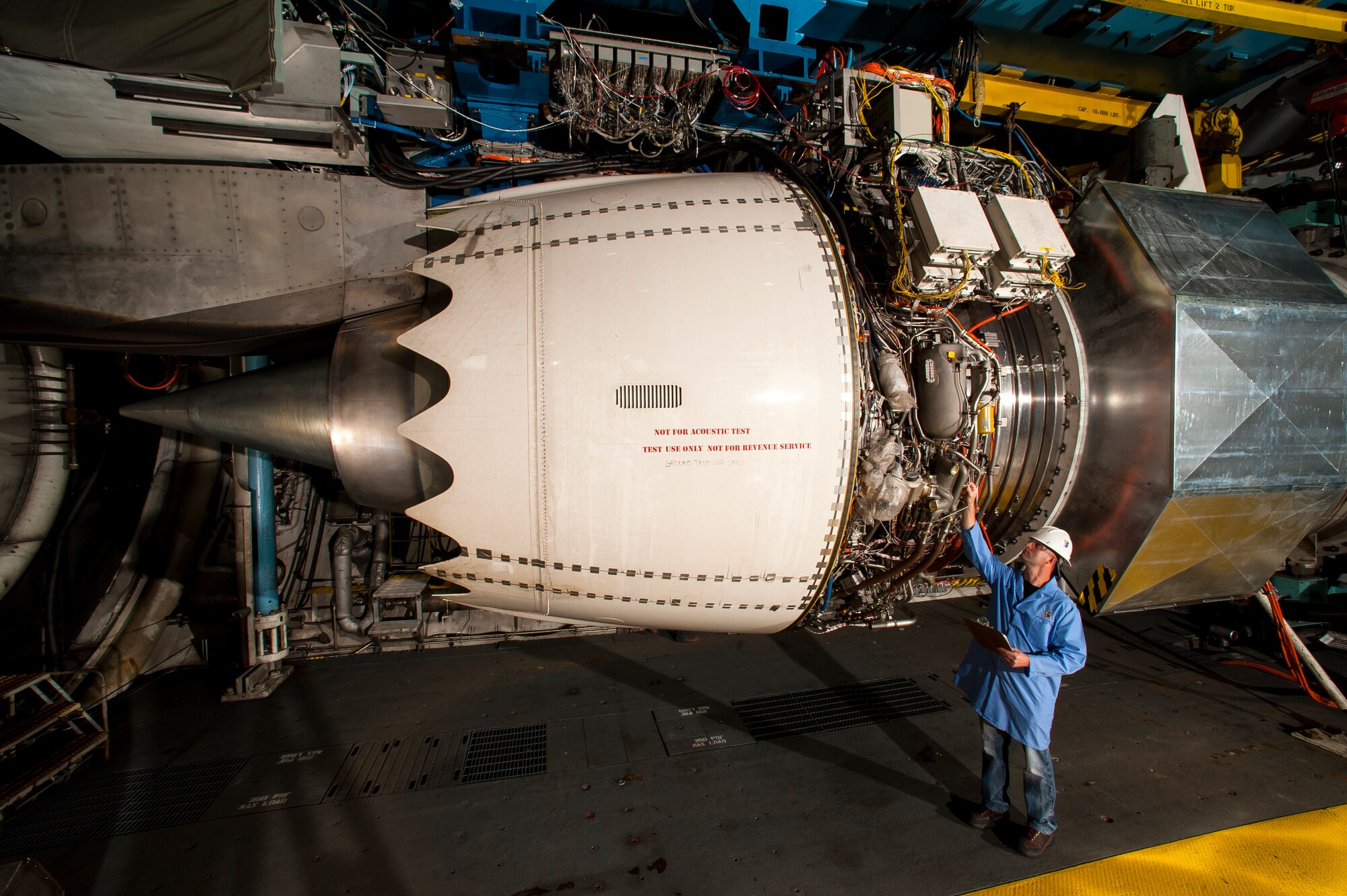ISO 21789 Emissions Testing of Gas Turbines
The ISO 21789 standard provides a comprehensive framework for the testing and evaluation of emissions from gas turbines. This service is particularly relevant to aerospace and aviation industries where stringent environmental regulations are in place, ensuring that emissions meet international standards.
Gas turbines used in aircraft engines, power generation plants, and other industrial applications must undergo rigorous emission testing to ensure they comply with global regulatory requirements. The ISO 21789 standard helps manufacturers, operators, and regulators assess the performance of these gas turbines by measuring various pollutants such as nitrogen oxides (NOx), carbon monoxide (CO), hydrocarbons (HC), and particulate matter.
The testing process involves several key steps, including specimen preparation, instrumentation calibration, and data analysis. Specimens are typically prepared in a controlled environment to simulate real-world operating conditions. Once prepared, the specimens undergo rigorous testing using advanced analytical instruments capable of detecting trace levels of pollutants.
After the tests have been conducted, detailed reports are generated that outline the emission levels for each pollutant measured. These reports serve as valuable tools for quality managers and compliance officers to ensure their products meet stringent environmental regulations. Additionally, R&D engineers can use this data to optimize engine designs and improve overall efficiency.
The ISO 21789 standard also emphasizes the importance of accurate instrumentation calibration and proper specimen preparation. This ensures consistent results across multiple tests and provides reliable data that can be used for decision-making purposes.
Compliance with this standard is crucial for maintaining a positive environmental footprint, meeting regulatory requirements, and ensuring safe operation of gas turbines in various applications.
Applied Standards
| Standard Code | Description |
|---|---|
| ISO 21789:2016 | Emissions from gas turbines - Determination of emissions by means of a dilution tunnel method. |
| ASTM D5349-15 | Determination of gaseous emissions from stationary engines using an integrated emission measurement system (IEMS). |
Why Choose This Test?
- Precision and accuracy in measuring emissions.
- Compliance with international standards.
- Support for regulatory requirements.
- Rigorous testing procedures ensuring reliable results.
Use Cases and Application Examples
Aerospace manufacturers conducting environmental impact assessments for new aircraft engine designs.
Power generation companies seeking to optimize their gas turbine operations while minimizing emissions.
Regulatory bodies ensuring compliance with international emission regulations.





